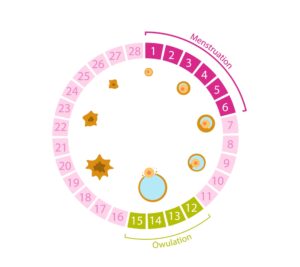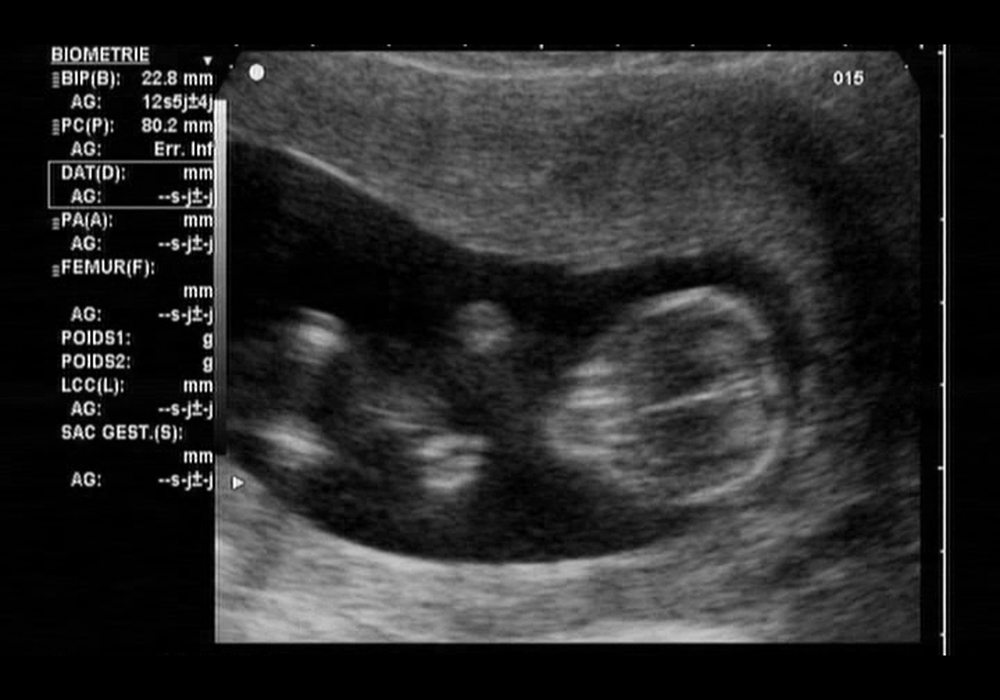Pregnancy
Fetal Weight Calculation
Use the Mamma in Progress calculator above to determine the weight of the fetus:
Enter the Biparietal Diameter and Abdominal Circumference, then click on the “Calculate Fetal Weight” button to display the estimation.
The calculation of fetal weight is a crucial aspect of pregnancy monitoring, providing valuable information about the baby’s development.
How is Fetal Weight Calculated?
The calculation of fetal weight is primarily performed through ultrasounds that measure specific parameters of the fetus. The most commonly used formulas to estimate fetal weight include the Shepard Formula and the Campbell and Wilkins Formula. These formulas are based on ultrasound measurements such as the Biparietal Diameter (BPD) and Abdominal Circumference (AC).
These measurements are then inputted into our calculator’s formulas to obtain an estimation of fetal weight.
Online Fetal Weight Calculation
Today, thanks to technology, it is possible to estimate fetal weight online through specialized calculators. These tools allow parents and doctors to obtain an estimate of fetal weight by entering ultrasound measurements such as BPD and AC.
How Do Online Calculators Work?
Online fetal weight calculators use the same medical formulas used by sonographers. Users input the required measurements (such as BPD and AC), and the calculator returns an estimate of fetal weight. These tools are useful for providing a quick and convenient indication of fetal weight, although they do not replace a comprehensive medical evaluation.
Advantages of Online Calculation
- Accessibility: Online calculators are free and easily accessible, and can be used anywhere, at any time.
- Convenience: They provide a quick estimate without the need for frequent medical appointments.
- Education: They help parents better understand the progress of pregnancy and fetal development.
Why is it Useful to Know Fetal Weight?
Knowing fetal weight is useful for several reasons:
- Growth Monitoring: Fetal weight is a key indicator of fetal growth and development. It allows doctors to monitor whether the fetus is growing appropriately for its gestational age.
- Problem Identification: Either too low or too high fetal weight can indicate potential issues. For instance, a weight below the norm could signal intrauterine growth restriction (IUGR), while a higher weight may indicate fetal macrosomia, often associated with birth complications.
- Birth Planning: Knowing fetal weight can aid in birth planning. A fetus with high weight might require a cesarean delivery to prevent complications.
- Complication Management: Information about fetal weight helps doctors better manage any pregnancy complications, such as gestational diabetes or preeclampsia, which can affect fetal growth.
Fetal Weight During Pregnancy Weeks
Fetal weight varies significantly throughout pregnancy weeks. Understanding this growth can help parents know what to expect, and doctors to monitor fetal development.
Fetal Growth by Trimester
- First Trimester: During the first 12 weeks, the fetus is very small and weight increases slowly. By the end of the first trimester, the fetus weighs about 14 grams.
- Second Trimester: From 13 to 26 weeks, fetal weight increases more consistently. By the end of the second trimester, the fetus can weigh around 900 grams.
- Third Trimester: The most significant period for weight gain. From 27 weeks until birth, the fetus can gain up to 200-250 grams per week. At birth, the average weight of a newborn is between 2500 and 4000 grams.
Individual Variances
It’s important to note that every pregnancy is unique, and fetal weight can vary widely from one fetus to another. Genetic factors, the mother’s health status, and other elements can influence fetal weight.

 Italiano
Italiano



